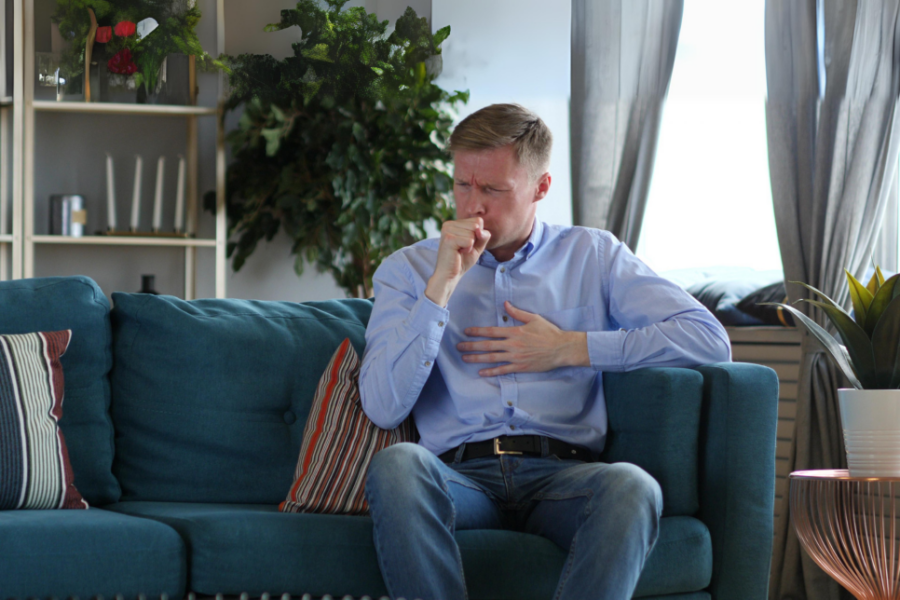Lung Cancer Awareness
Every year, there are around 49,200 new lung cancer cases in the UK (more than 130 per day). This accounts for 13% of all new cancer cases, making lung cancer the third most common cancer.
Lung cancer sadly kills more people in Britain than any other cancer, with it causing 1 in 5 cancer-related deaths. However, according to Cancer Research UK, 79% of lung cancer cases in the UK are preventable.
Most cases of lung cancer are diagnosed after it has already spread beyond the lungs, however, the prognosis is more favourable the earlier it is detected.
It’s important we challenge the stereotypes and misconceptions around lung cancer, as well as raising awareness of the symptoms. According to the Roy Castle Lung Cancer Foundation, when lung cancer is caught early it can be successfully treated.
The symptoms
It is important to remember that not everyone with lung cancer will have a cough. While there are common respiratory-based symptoms, such as a cough or shortness of breath, there are other lesser-known symptoms that may also be an indicator of lung cancer. Everyone experiences different symptoms.
Symptoms to look out for include:
- a persistent cough, lasting for 3 weeks or more
- a change in a cough, or a cough that gets worse
- a chest infection that does not get better, or repeated chest infections
- feeling short of breath or wheezy for no reason
- coughing up blood
- hoarseness, particularly lasting for 3 weeks or more
- weight loss or loss of appetite
- chest or shoulder pain that does not get better
- extreme fatigue
- a lump in your neck
- clubbing of the fingers
- difficulty swallowing
Lung cancer in the workplace
One of the misconceptions is that you’re more likely to get lung cancer if you are older, male, and someone who currently or has previously smoked. While there is some truth to this, the reality is, that if you have lungs, you are at risk of developing lung cancer – regardless of your age, gender, or whether you’re a smoker.
However, there are situations that can put you at increased risk. 13% of lung cancer cases in the UK are caused by workplace exposures.
High-risk industries like construction, manufacturing, and mining often involve exposure to carcinogens, emphasising the need for regular health assessments, screenings, and protective measures.
For example, the natural substance silica is found in most rocks, sand, clay, bricks, and concrete. Working with any of these can create harmful dust (called respirable crystalline silica or RCS). Constant exposure to this dust can result in irreversible damage to the lungs, often before any symptoms develop. This can cause lung cancer and other serious respiratory diseases such as silicosis and chronic obstructive pulmonary disease (COPD), that may lead to early death.
Occupational health surveillance becomes an indispensable tool in such environments. Regular health assessments, including lung function tests and screenings for respiratory issues, can detect early signs of poor lung function. This proactive approach not only aids in early detection (particularly when employees may be asymptomatic) but also enables tailored interventions and support for affected employees.
It is important that employers and employees are aware of the workplace risks. Employers can support their workforce, provide peace of mind, and prioritise their wellbeing through accessible information, and regular health surveillance assessments.
Together we can promote awareness of lung health and some of the misconceptions around lung cancer. Collaboratively we can strive towards a safer, healthier, and more informed workforce.
